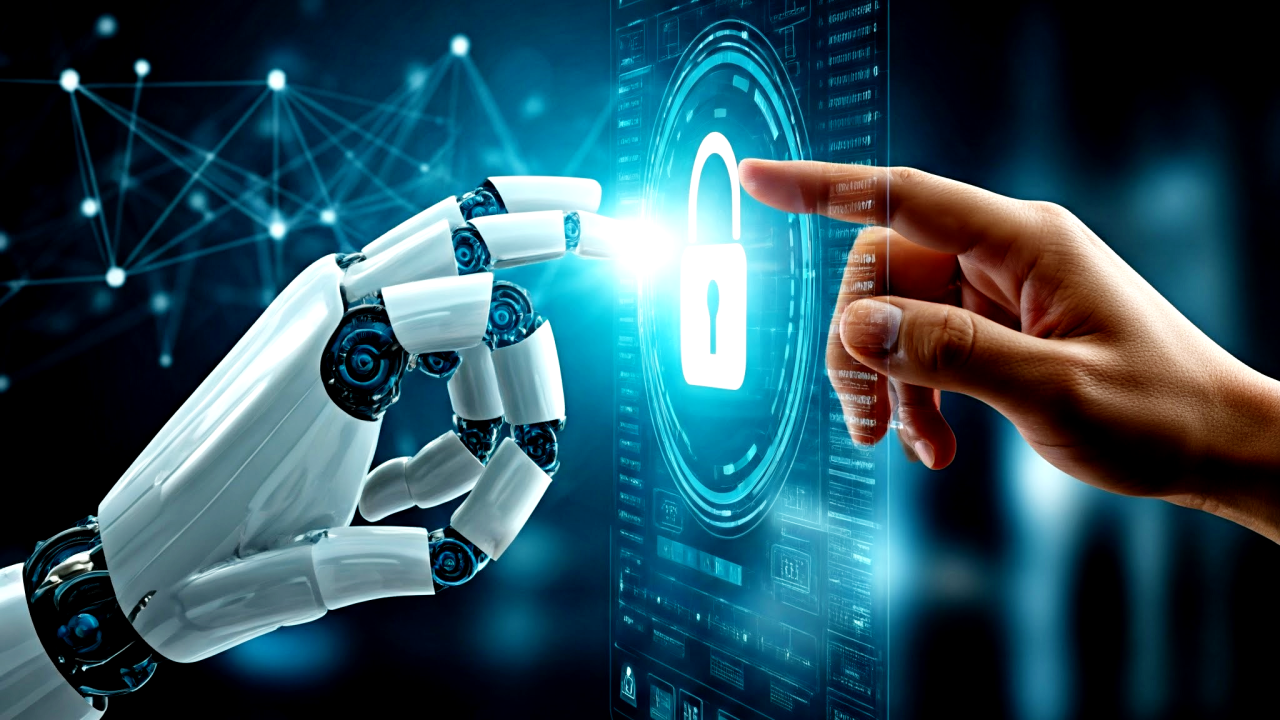costs and containment time significantly
Artificial intelligence has utterly transformed cybersecurity in diverse manners, both remarkable and multifold. Its skills—including scouring immense datasets, searching for anomalies and systematising retaliation—have propelled protective tactics to unprecedented heights.
Yet, similar to any transformative innovation, AI in cybersecurity presents both immense potential and significant peril.
As groups increasingly incorporate AI into their security ecosystems, the question surfaces: are we bolstering our defenses, or building new vulnerabilities?
Indiatoday spoke with Namrata Barpanda, Staff security engineer, ServiceNow to get more insights.
AI’s transformative worth in cybersecurity is cemented in its aptitude to scale and tailor. Today's organisations spawn gigantic volumes of information, and traditional instruments regularly fail to identify sophisticated threats concealed in that noise.
AI, particularly machine learning designs, can process countless pieces of data in real-time, distinguishing examples and abnormalities that would somehow go unnoticed. Unlike signature-based frameworks, which rely upon known dangers, AI models evolve, gaining from new behaviours and staying one step ahead of zero-day susceptibilities.
The employment of AI in Security Information and Event Management (SIEM) and Security Automation, Orchestration, and Response (SOAR) platforms has proven particularly powerful.
These tools streamline log examination, alert triage, and automated response—capacities that are time-consuming and mistake-inclined when overseen manually.
IBM’s examination shows that companies with AI and computerisation abilities spared a normal of $3.05 million in breach costs and decreased containment time by 74 days contrasted with those without these innovations.
While AI systems demonstrate impressive skills for automating protections and pinpointing pioneering hazards more quickly than person-by-person investigations, confirming such technologies evolve responsibly and dealing with innate prejudices is indispensable.
While AI tools display extraordinary aptitude to automate protections and pinpoint novel risks, confirming such frameworks stay transparent and address biases is essential.
AI is also capable of analysing server behaviour and usage trends, and when it detects modifications to system behaviour, it can initiate monitoring or mitigation measures.
This explains behavioural analytics, in which artificial intelligence (AI) detects changes in performance or activity, allowing for real-time response mechanisms to handle possible risks or problems.
Strict regulatory environments like healthcare and finance, and lack of transparency in automated decision-making could severely undermine adherence and trust in systems.
While AI may flag incidents more rapidly than people, security teams require an understanding of why a model initiated a specific action to preserve accountability.
Poorly designed systems also risk disproportionately impacting some groups if biases are not carefully audited and addressed.
For AI to truly augment rather than replace human intelligence, governance frameworks ensuring responsible development and ongoing testing are needed.
While automation can streamline defences, completely removing the human element risks overlooking nuanced threats.
A balanced, multipronged approach combining expert human judgment with intelligent tools offers the greatest promise for both security and ethical AI.
Overall, with care and oversight, the integration of AI into cybersecurity need not come at the cost of human values.
The accelerating refinement of AI systems and cyberattacks has spawned a cybersecurity arms race. On one front, protectors employ AI to safeguard digital domains; on another, aggressors leverage comparable technology to rupture through defences.
Staying ahead in this contest necessitates a multilayered plan—one blending intelligent instruments with well-prepared professionals, robust governance policies, and a culture of constant enhancement.
It also implies preparation for novel risk vectors introduced by AI itself, ranging from algorithmic manipulation to synthetic persona fraud.
AI’s function in cybersecurity moreover highlights a growing requirement for collaboration between technical and non-technical teams.
Meanwhile, security teams must evolve fluency in AI technologies, ensuring they can monitor, tune, and validate models productively. The convergence of cybersecurity and AI demands novel skillsets, novel structures, and a novel mindset.
Sources - https://www.indiatoday.in/information/story/ai-in-cybersecurity-a-game-changer-or-a-double-edged-sword-2718484-2025-05-02

